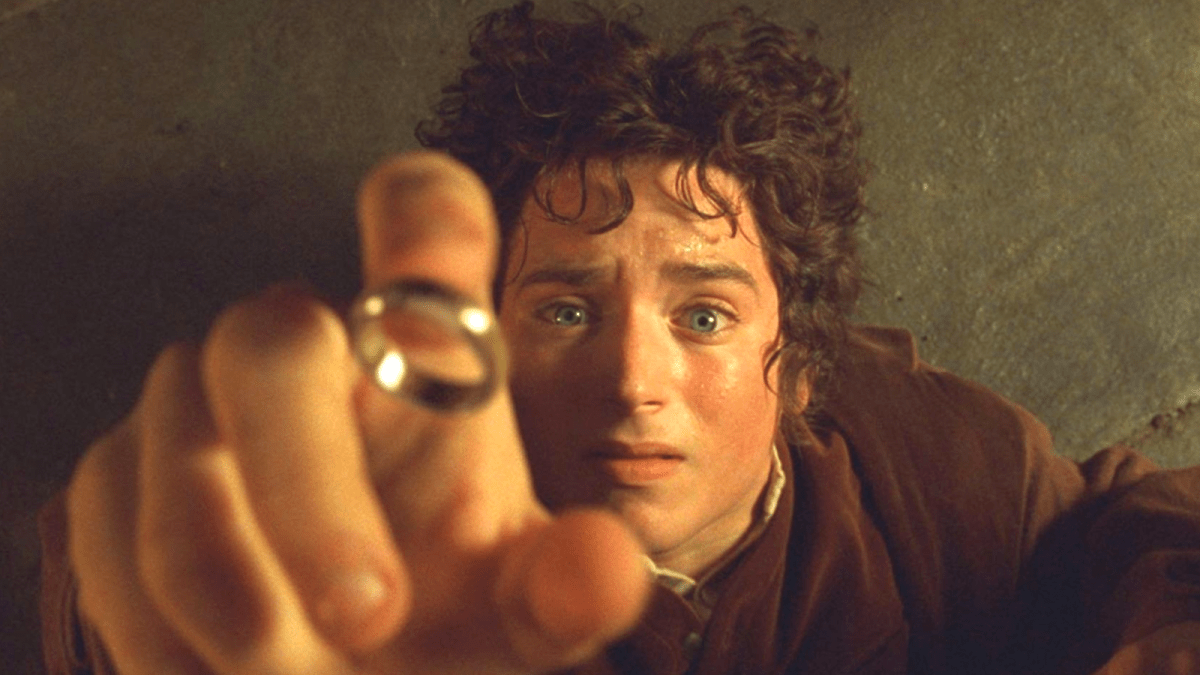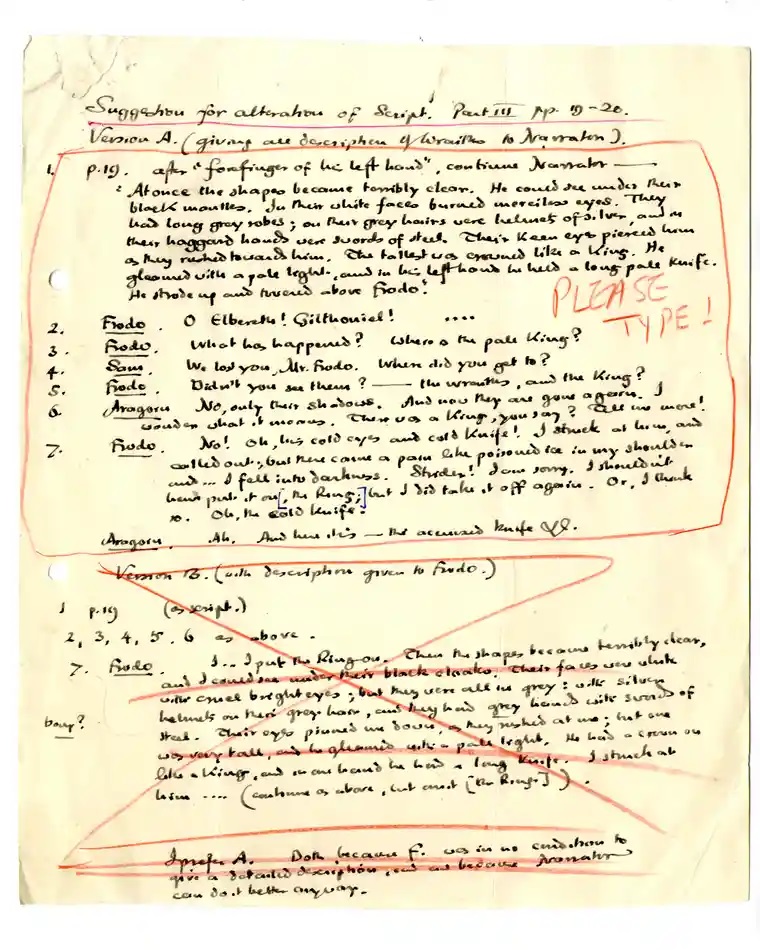There’s a long-standing debate about whether The Lord of the Rings author and creator J.R.R. Tolkien would appreciate Peter Jackson’s acclaimed cinematic trilogy given all the changes he made to the story. But as far as creative liberties are concerned, it seems that even Tolkien understood the necessity for changes when translating a story from one medium to another.
Based on a report by The Guardian, Oxford academics and Tolkienists have managed to unearth a series of scripts for a 50s radio adaptation of The Lord of the Rings, with markings and revisions by the author himself. This BBC adaptation was the work of producer Terence Tiller, but since the world of Middle-earth had yet to find its strong foothold in pop culture, the network lightly dismissed its prospects and even cut down the episodes from 45 minutes to 30 minutes.
Stuart Lee, a Reader at the Oxford University, said of the importance of these scripts,
“They said the scripts had been lost, but they have survived – the only professional dramatization of The Lord of the Rings made during his [Tolkien’s] lifetime. It was not seen as important by the BBC then. It shows how the reception of the book has changed – minor interest in 1955-56, now a global phenomenon, with Amazon reportedly investing more than $1bn in the latest series.”
Catherine McIlwaine, a Tolkien archivist at the Bodleian Library, explained how Tolkien was ready to make multiple changes:
“Not only did he agree to the adaptation of his book soon after publication, but he was willing to work with the scriptwriters, to abridge the text and adjust the balance of narration and dialogue, so that it fitted the requirements of radio and the limited time available. It’s a very exciting and timely discovery.”
As you can see in the photos below, Tolkien actively worked with the producers and even made some changes to the original text of The Lord of the Rings to accommodate the alternate auditory medium. (Photograph credit: BBC Written Archives Centre / The Tolkien Estate Limited.)
A new book written by Lee, titled The Great Tales Never End: Essays in Memory of Christopher Tolkien, will detail these newly found scripts. The scholarly work — which goes in-depth into the life of Tolkien’s son and his crusade to publish his father’s myriad of writings over the years — will be published in June by the Bodleian Library.











Published: Mar 14, 2022 01:20 am